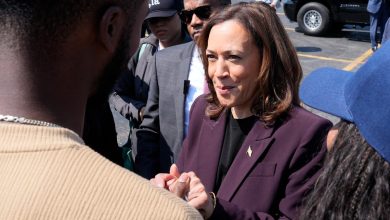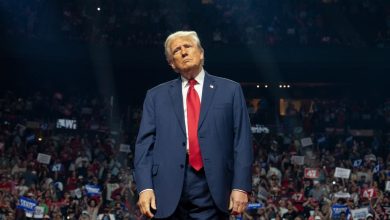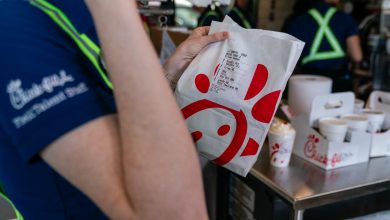Is Trump immune from criminal prosecution? Supreme Court will soon decide major question
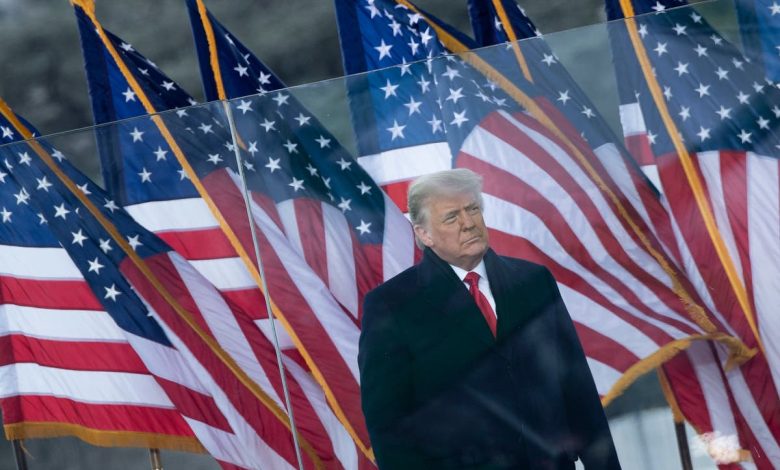
The Supreme Court is expected to rule imminently on whether Donald Trump is immune from criminal prosecution for his attempts to overturn the results of the 2020 presidential election.
His defense has already been shot down by the federal judge overseeing the election interference case against him as well as a unanimous panel of appeals court judges, who wrote that Trump’s attempts to stay in power were “an unprecedented assault on the structure of our government.”
The question is now in the hands of the nation’s highest court.
An answer – expected by the end of this week – could have profound consequences for holding former presidents accountable for crimes committed while in office.
But the court’s decision to take up the case – and wait until the final days of its current session to issue a ruling – ensures that voters will not see a verdict in the trial to determine if he unlawfully conspired to overturn an election before they cast their ballots in the next one this November.
The court also is expected to soon decide whether Trump supporters who stormed the Capitol on January 6, 2021 can be charged with obstruction, adding to the politically volatile decisions from the court’s conservative majority-dominated bench and its three Trump-appointed justices.
How did the case get to the Supreme Court?
A federal investigation into Trump’s efforts to subvert the 2020 election are detailed in a 45-page indictment outlining three alleged criminal conspiracies and the obstruction of Joe Biden’s victory, culminating in a mob’s violent breach of the Capitol to stop it.
After months of evidence and witness testimony under an investigation helmed by special counsel Jack Smith, a grand jury voted to indict Trump in August 2023.
Two months later, Trump’s attorneys argued that the case should be dismissed because he was acting within his official duties as president. Smith’s office then asked the Supreme Court to step in and settle the question to keep the case moving swiftly, and avoid a trial in the middle of – or after – the 2024 election.
Prosecutors feared that Trump, if elected president again, would pressure the Department of Justice to throw out criminal cases against him.
The Supreme Court denied that request and didn’t agree to consider the case until February.
Instead of affirming the lower-court decisions that rejected the “immunity” claim, justices scheduled oral arguments in April on the final day of the court’s term.
What did other judges say?
In December, District Judge Tanya Chutkan wrote that Trump’s “four-year service as Commander in Chief did not bestow on him the divine right of kings to evade the criminal accountability that governs his fellow citizens.”
The office “does not confer a lifelong ‘get-out-of-jail-free’ pass,” she wrote in her 48-page ruling.
“Granting the immunity Defendant seeks would also break with longstanding legal precedent that all government officials – even those immune from civil claims – may be held to criminal account,” she added.
A federal appeals court panel affirmed Judge Chutkan’s ruling, stating that “for the purpose of this criminal case, former President Trump has become citizen Trump, with all of the defenses of any other criminal defendant.”
“But any executive immunity that may have protected him while he served as president no longer protects him against this prosecution,” the judges wrote.
How will the court rule?
Supreme Court justices are extremely unlikely to agree that presidents are immune from prosecutions for ordering the assassination of a political rival – a wild hypothetical that Trump’s attorneys suggested during an appeals court hearing that he could be protected against.
During oral arguments, Justice Ketanji Brown Jackson grilled Trump’s attorneys to draw out what, in their position, would prevent the Oval Office from turning into “the seat of criminality in this country.”
It’s more likely that justices will try to take aim at how to prosecute “private” conduct performed in office, and carve out some immunity for certain “official” actions.
“The question becomes … about how to segregate private from official conduct that may or may not enjoy some immunity,” Justice Neil Gorsuch said during arguments.
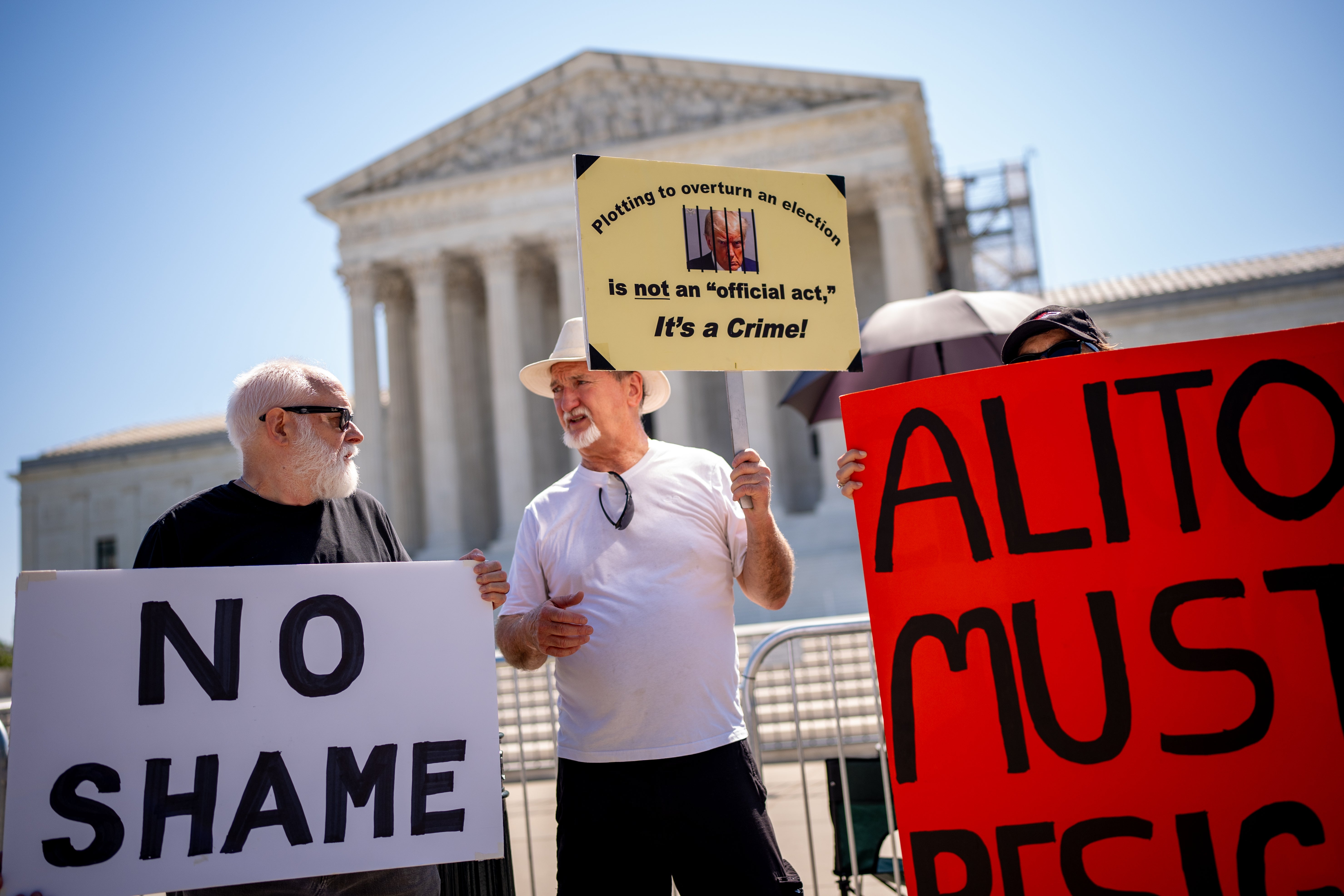
Justices already heard another Trump-related case this term, on whether he should be disqualified from presidential election ballots under the text of the 14th Amendment, which prohibits candidates who “engaged in insurrection or rebellion” from holding public office.
On March 4, the day that Trump’s federal election interference trial was initially scheduled to begin, the court unanimously agreed that Trump can stay on Colorado ballots, and that only Congress – not states – has the authority to disqualify federal candidates.
The court’s three liberal justices sharply disagreed that only Congress can act, writing that the court’s conservative majority was attempting “to insulate all alleged insurrectionists from future challenges to their holding federal office.”
Will a ruling derail his other criminal cases?
Trump has pursued an “immunity” defense in nearly all criminal and civil cases against him, and nearly all have failed. If the Supreme Court sides with Trump, even in a narrow ruling, courts could revisit some of those decisions.
In the unlikely event that the Supreme Court sides with Trump entirely – granting him broad criminal immunity- his legal team is expected to aggressively appeal his criminal conviction in New York.
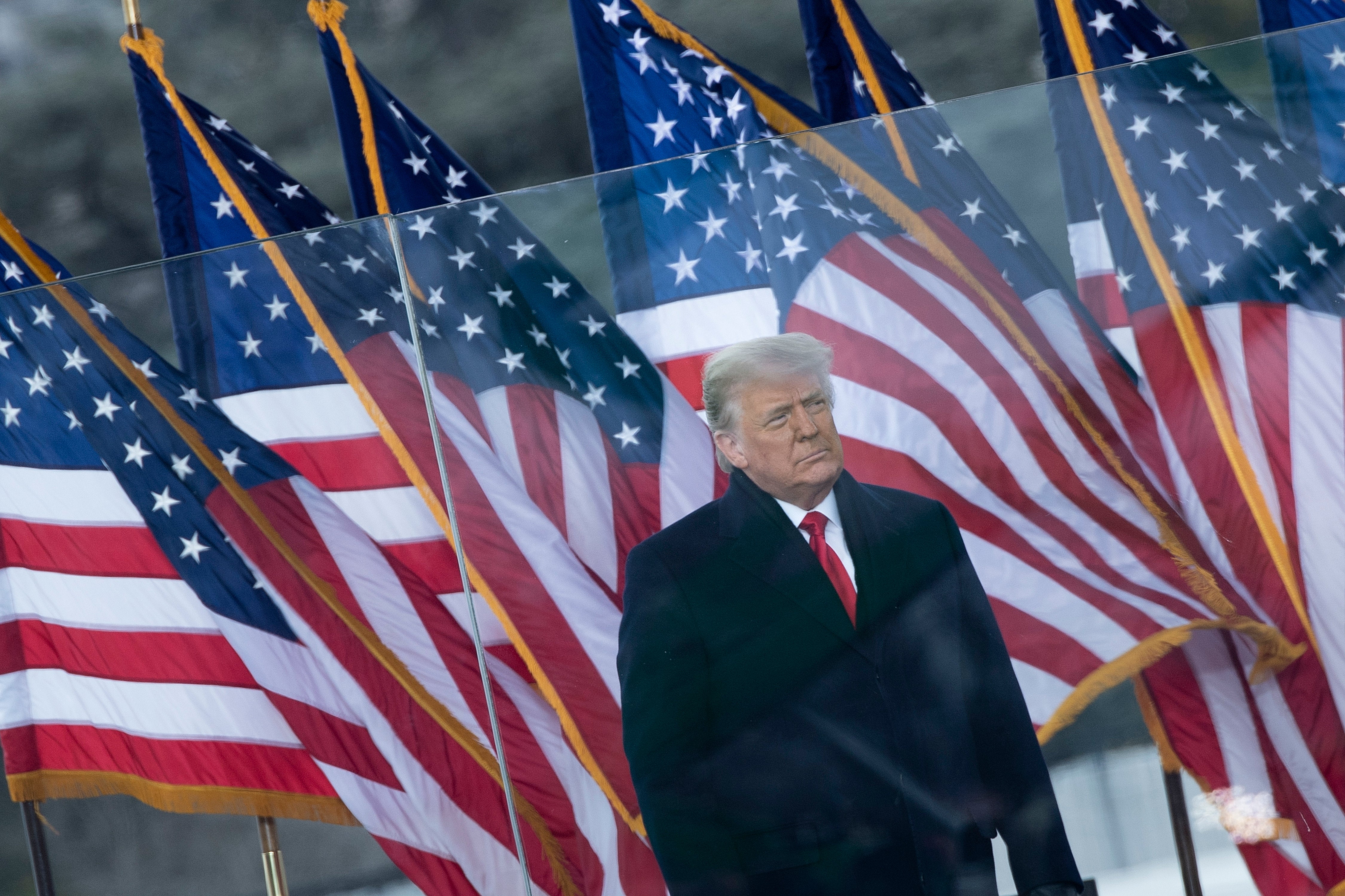
Prosecutors have said that his “immunity” has no bearing in his classified documents case. Those charges largely revolve around his attempts to evade the government retrieving documents that he allegedly unlawfully kept after he left the White House.
With Trump’s “immunity” question moving through appeals courts, Judge Chutkan has effectively paused the pretrial clock in his election interference case. After the Supreme Court reaches a decision, and if that clock starts ticking again, parties will have more than two months to prepare their cases before a trial can begin.
That will put the special counsel in the uncomfortable position of deciding whether to prosecute the Republican nominee for the presidency just days before Election Day.




